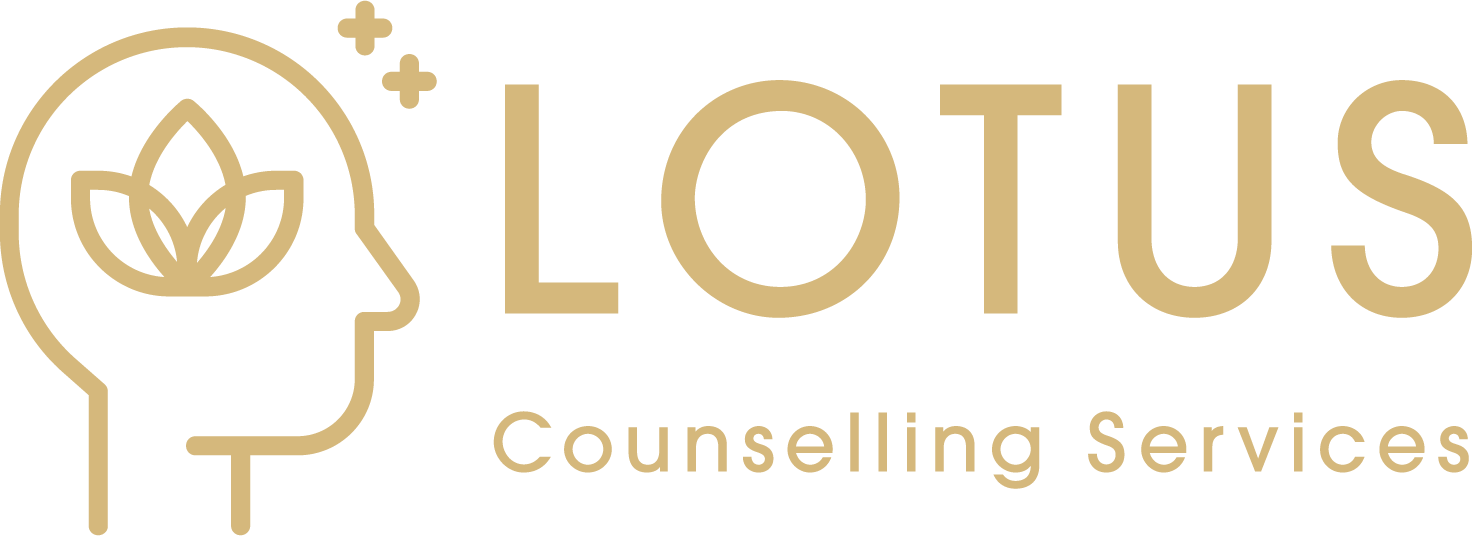Codependency For All
Human beings by nature are social mammals that have evolved to become a formidable species by their ability to create communities, organize and work together. Working together within relationships is a natural drive of our species because we have learned (over millions of years) that if we work together we will survive and reproduce. Darwin described this as “survival of the fittest” or “natural selection”. There is a natural drive to work hard to get along with members of our tribe/family whether they bring home the wild boar or not.
Codependency is often described as a type of relationship where one person supports or enables another person’s dysfunctional behaviour. Examples of this type of behaviour is addiction, poor mental health, immaturity, irresponsibility, or under achievement. There is usually a “victim” and “rescuer” role.
There is a stereotype connection between codependency and addiction but, I believe codependency lives in other types of relationships as well. You can find it hidden in the financially supportive spouse who also does the housework, cooking, child minding, and yard work. It can be found in any relationship where a person does for others things that they are capable of doing for themselves or the person who finds that their self-worth is entangled in taking care of others. Codependency exists not only because of the person committing the dysfunctional behavior but also largely due to the person responding to it in an unproductive way. It’s a two way dynamic, one cannot exist without the other.
Protecting people from the consequences of their action (or inaction) simply teaches them that they can continue to do what they are doing. I am a huge fan of the concept of “natural consequences”. As a health care provider, I often try to be preventative. I learnt through years of training how to respond to crisis and that it is always better to try and prevent them in the workplace. This concept can often be the motto of a codependent person in a relationship. It becomes preferable to avoid, prevent, deny, solve or do rather than go into ‘crisis’. Sometimes a “crisis” is simply the other person experiencing the natural consequences of the behaviour and therefore feeling uncomfortable.
So what do we do and how do we help ourselves and others??
You cannot control other people’s behaviour only your own. You are allowed to share your opinion and advice but remember that it is the other person’s choice to listen and have an opinion of their own. If the choices they make continue to impact you then look for opportunities that YOU can control to protect yourself.
Flip the script. Ask yourself what YOU need and then do that. Once you feel the freedom to do what you need and put yourself first. The goal is to ‘detach’ in a loving way. Try to ‘lovingly detach’ from the other persons issues and not the person. When we do this our loved ones can begin to feel the ‘natural consequences’ of their actions, a necessary step towards change. Remember to hold the “I told you so”. People need information first hand in order to learn, understand, and make connections. Lovingly detach so that they have the opportunity to experience what they need to in order to change.

